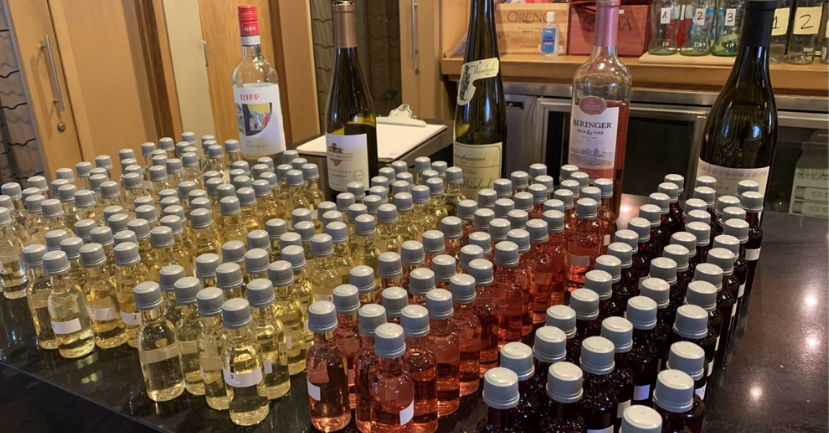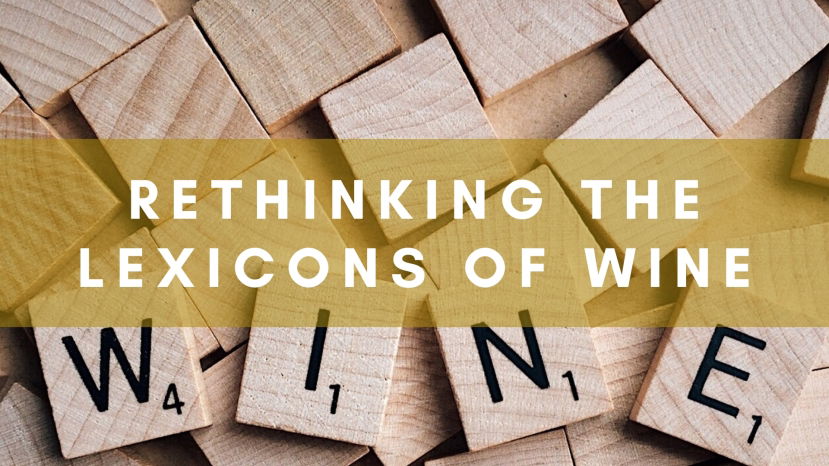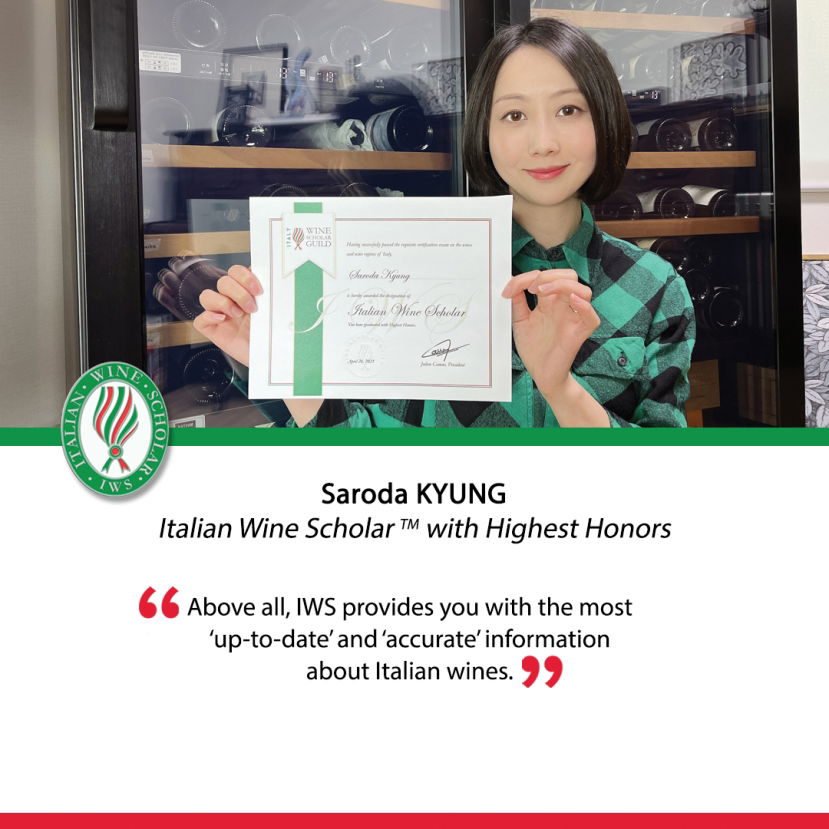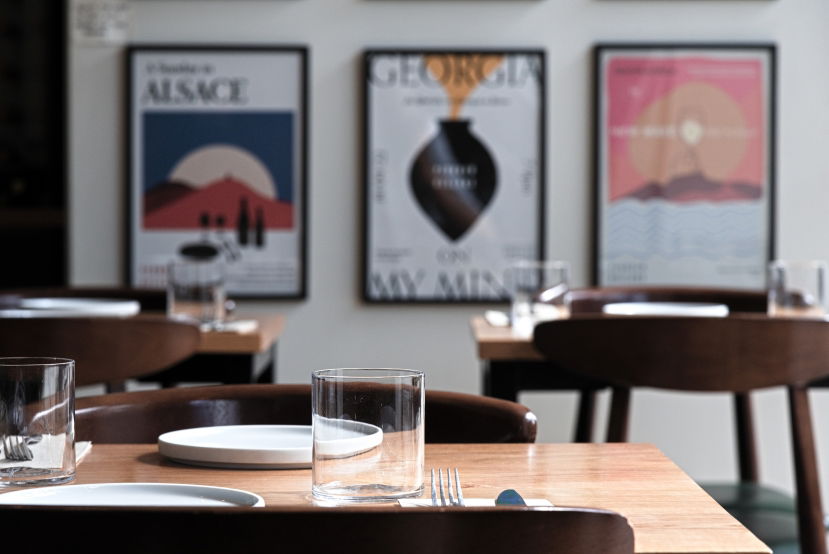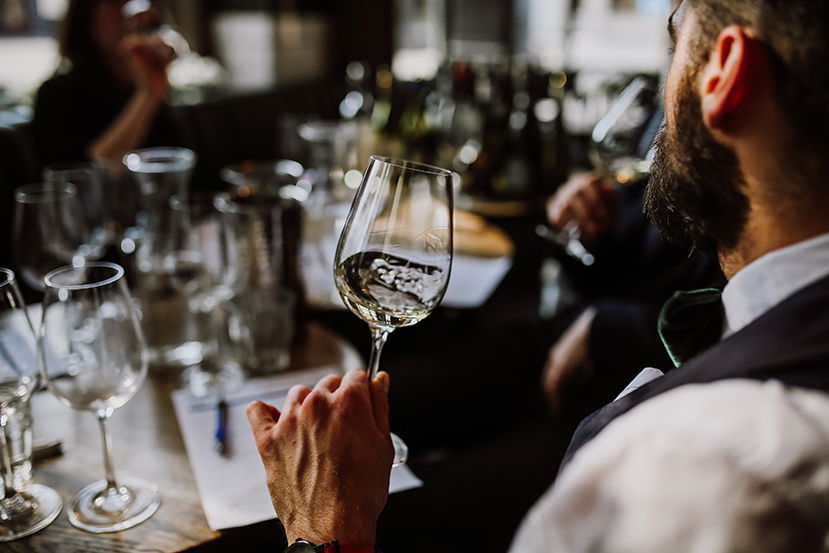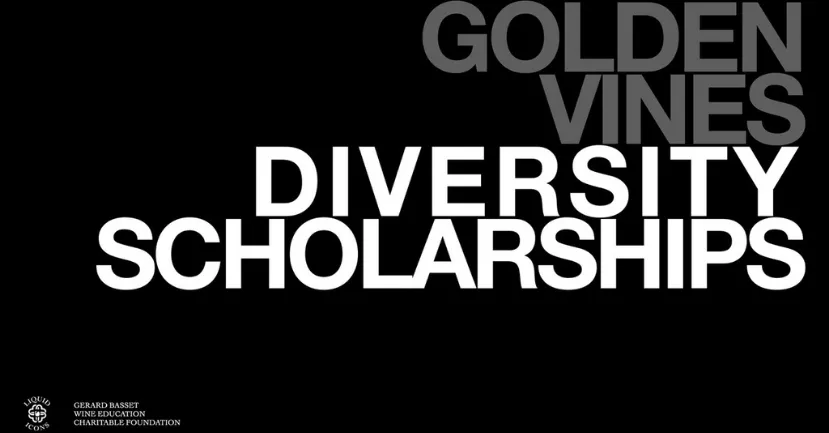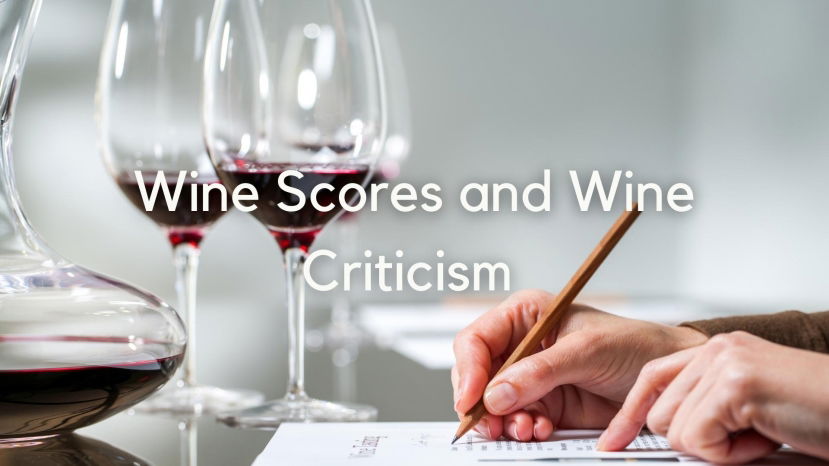BLOG
wine education
Summary
Meet your new Membership & Community Manager! Join us for this one-off special Q&A with Justin Martindale MW who is taking over the position from Anna this January. Justin will be chatting about his background and experience, as well as his journey through the Master of Wine qualification and vision for the Membership programme going forward. At the end you will have an opportunity to pose your own questions to Justin to help get to know him and his plans for the
Sommeliers’ brains seem to fascinate scientists. Every few years, a new study pops up where somms are subjected to MRI scans whilst they blind taste and pontificate.
The attached highlights video gives you a flavor of some of the exciting new features coming to your membership program this year
Summary:
There are some big and exciting changes coming to WSG Membership this year. Over the last 12 months we've been busy working on a revitalized membership proposition that delivers you the best and most interesting wine content possible. I am hugely excited to announce that we'll be launching our new and improved membership programe in
In many ways, wine education relies on face-to-face contact between educators and students. After all, wine is a drink to be shared and which — for centuries — has stimulated conversation among those partaking. So last March, when it became apparent that the global spread of COVID-19 was about to alter the nature of “face-to-face” contact across every aspect of our lives, many wine educators were faced with a daunting prospect: how to carry on with classes.
Summary
The wine industry relies on the ability of wine communicators to persuade consumers to taste, but today’s wine lexicon often falls short of its objectives. Wine writing relies on metaphor and analogy that may be unfamiliar to many global wine lovers, while point scores, with their veneer of objectivity, reinforce the notion that there are right and wrong answers. The effect can be gatekeeping even as the wine industry tries to expand its shrinking
Congratulations to Saroda Kyung, IWS, for achieving highest honors in the Italian Wine Scholar exam with WSA Wine Academy, Seoul.
About Saroda:
Hello, I’m Saroda, but please call me “Salad”!My job is a brand manager, and I love wine as much
The Science of Wine Tasting Course
This multi-part series is designed for food and wine professionals, wine judges, wine educators, wine and food journalists, wine students and anyone who relies on their senses to assess, evaluate, critique and/or write about wine and food.
There are four parts to this series, each with three sessions.
Part One: Neuroscience of Wine Tasting with Gabriel Lepousez
Science of Wine Tasting Course
This multi-part series is designed for food and wine professionals, wine judges, wine educators, wine and food journalists, wine students and anyone who relies on their senses to assess, evaluate, critique and/or write about wine and food.
There are four parts to this series, each with three sessions.
Science of Wine Tasting Course
This multi-part series is designed for food and wine professionals, wine judges, wine educators, wine and food journalists, wine students and anyone who relies on their senses to assess, evaluate, critique and/or write about wine and food.
Science of Wine Tasting Course
This multi-part series is designed for food and wine professionals, wine judges, wine educators, wine and food journalists, wine students and anyone who relies on their senses to assess, evaluate, critique and/or write about wine and food.
The Rhône is France’s second largest producer of AOC wines (after Bordeaux). Its viticultural history dates back to the Romans who sculpted its terraced topography and introduced the vine.
It is in the Rhône where east meets west. The granite and schist of the Massif Central (west) collide with the sedimentary soils of the Alps and its foothills (east)….So, how well do you know the Rhône?
Summary:
Welcome to the soil signatures course! This course is aimed at helping students understand the very tangible effect that different soil types can have on the flavours we encounter in the glass.
Introduction
As a wine lover, chances are great that you also enjoy eating well. Both wine and food individually hold the power to unlock the best potential of the other element.
Join us as we explore the theory and application behind
Introduction
As a wine lover, chances are great that you also enjoy eating well. Both wine and food individually hold the power to unlock the best potential of the other element.
Join us as we explore the theory and
“The couple at number 12 wants to see you,” my assistant told me, returning from what I immediately knew was going to reveal itself as a tricky table to please. At the time, I was managing the wine list of a charming modern-British restaurant with rooms in the New Forest, a fairytale-like national park about two hours’ drive southwest of London. The gentleman at number 12 couldn’t believe how a young waiter, wearing a bright pink shirt and a denim tie, could possibly offer him proper guidance on a wine list boasting over 400 entries.
Earlier this year, I embarked on the French Wine Scholar (FWS) program; version 7 being the latest update to this ever-popular certification offered by Wine Scholar Guild to wine enthusiasts and professionals alike. Here are my top study tips for passing the French Wine Scholar program!
Have you ever been required to give a group presentation and you were extremely nervous? You may have lost your train of thought, stuttered, repeated yourself, or misspoke? This more than likely resulted in an experience you would rather forget. Presenting in front of a group of any size can be
Introduction
Wines are the most fascinating and complex liquids. Water and Ethanol (“alcohol”) comprise the major part of what is in a glass. But all the properties of a wine come from the remaining 2%. Over a thousand compounds, many in microscopic quantities, create all that we smell, taste, see and feel – and in the case of sparkling wines, hear. Everything from sediment to wine diamonds, from the aroma of lychee to the taste of gooseberry, from mouthfeel to
The WSG is delighted to announce our support for The Golden Vines Diversity Scholarships in association with Liquid Icons and the Gerard Basset Wine Education Charitable Foundation.
Liquid Icons, the fine wine research and content production company founded by the late, great Gerard Basset OBE MW MS and Lewis Chester DipWSET, are hosting The Golden Vines Award Ceremony, Dinner & After-Party at Annabel’s Private Members Club, London’s preeminent private members’ club, on Thursday
It is a regular occurrence, even for the most accomplished wine aficionado: a loss of words to describe exactly what’s going on in the glass. Try as we might, the language of wine will always be a tricky landscape to navigate. But, as educators and students of wine, it is a necessity. Whether scratched into a notepad or typed into a report, tasting notes help us commit our experience to memory, and serve as a vital avenue for sensory translation.
Nonetheless, issues abound when it comes to finding a common understanding of these experiences.
In this edition of our Great Debate series, Andrew Jefford — wine journalist and critic — is joined by William Kelley, wine critic for Robert Parker’s Wine Advocate, to discuss a host of issues facing the language of wine and its primary vehicle of communication: the celebrated (or maligned, depending on your point of view) tasting note.
“A good tasting note should communicate as relatably and usefully as possible the character and perceived quality of the wine,” notes Kelley, who reviews roughly 5,000 wines annually from Burgundy and Champagne for his publication. However, he cautions, “it is a very limiting genre.”
By and large, Jefford agrees, but he also calls for “an equivalent of the ‘natural wine’ movement for wine writing” to refresh the possibilities and broaden the perspectives of wine language worldwide.
In the end, this debate is a fascinating look into the process of crafting tasting notes from two of the industry’s most accomplished practitioners. But both admit that there remains plenty of open area for discussion on how to best utilize language to communicate the magic (or lack thereof) in the glass.




